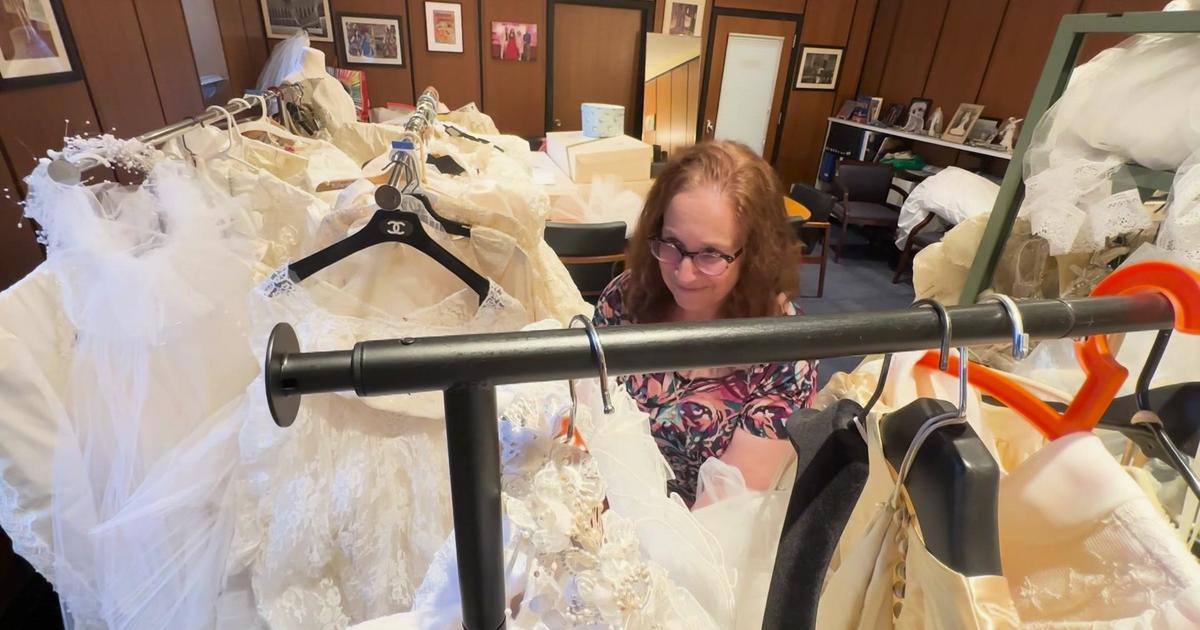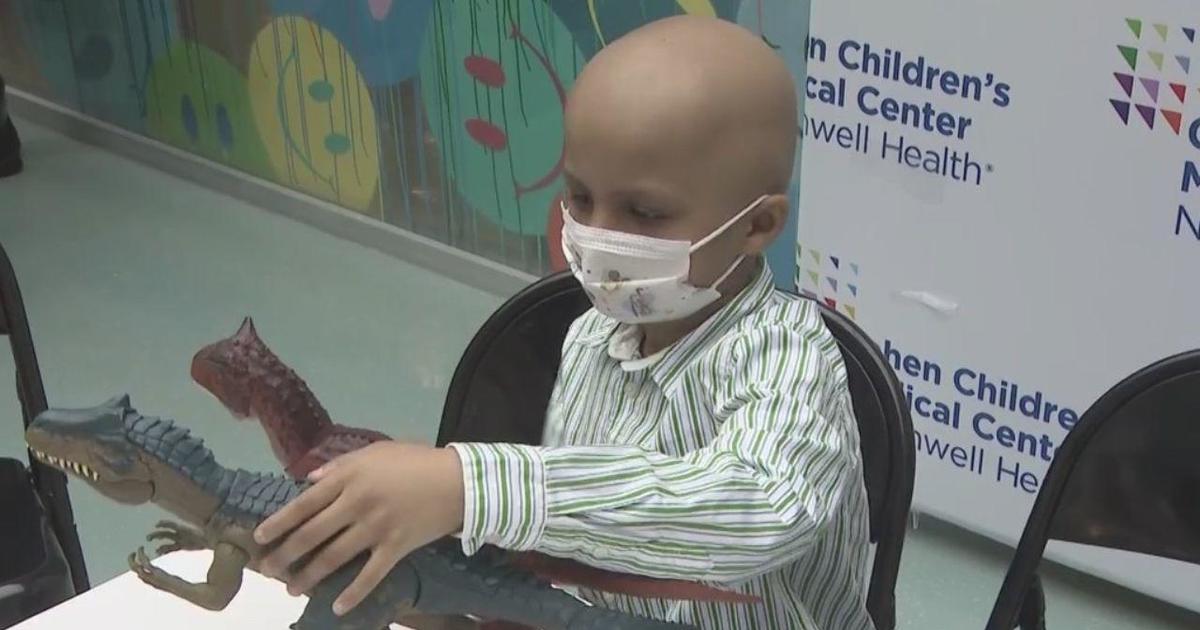Simple, Free Test You Can Do Right Now Can Help Identify Your Risk For Aneurysm
NEW YORK (CBSNewYork) - These days, with modern medicine, there are all kinds of tests to tell what's wrong, most of them pretty complex and expensive.
But what if there were a simple, free test you do with your thumb and hand that could save your life?
CBS2's Dr. Max Gomez shows how it saved the lives of twin Connecticut women.
"At my first test, he said 'Just do this," said Heather Gagnon. When she did the gesture he told her to attempt, her doctor told her "OK, you're positive."
Gagnon didn't think her heart surgeon was serious. Then her identical twin Crystal tried it too. Both women could extend their thumbs beyond their palms. Hard to believe, but that's a risk factor for a deadly swelling of the aorta in the chest called an aneurysm.
"When it gets swollen, it's susceptible to rupture. Rupture is catastrophic when it occurs," said Dr. John Elefteriades of the Aortic Institute at Yale New Haven Hospital. "Over eight percent of all sudden deaths are due to a ruptured aneurysm."
Elefteriades, a cardo-thoracic surgeon, has known of the thumb-palm test anecdotally for years, and decided to study it scientifically.
"If you have a positive thumb-palm test there's a pretty high likelihood that you may harbor a thoracic aneurysm," he said.
His recent paper was published in the American Journal of Cardiology.
It turns out people can cross their thumbs beyond their palms have weak collagen, or loose connective tissue, which means the collagen in their aorta may also be weak.
Worse yet, aortic aneurysms rarely have any symptoms.
Further tests revealed the extent of the Gagnons' aneurysms, and both had them surgically replaced with a synthetic graft. They say the thumb test likely saved their lives and should be an easy part of a regular doctor's visit.
If you do have a positive thumb test, it doesn't mean you have an aneurysm. It's a risk factor or warning sign like high cholesterol that should be investigated. And a negative test doesn't mean you don't have one, just that you're at lower risk.
Either way, early detection can be a life saver.



